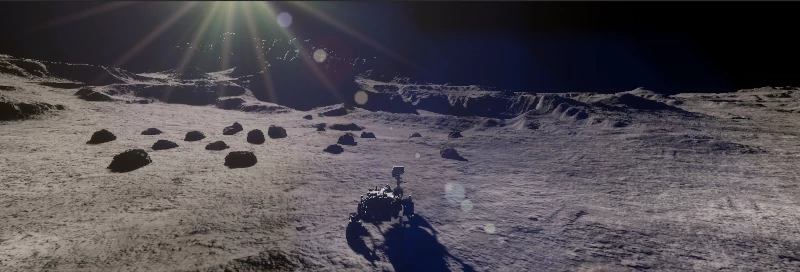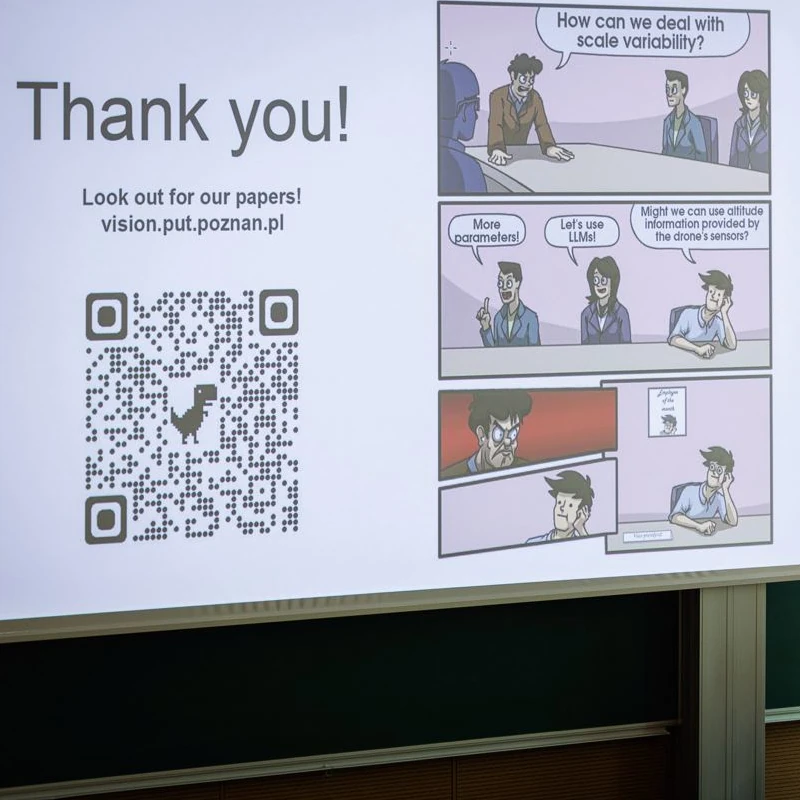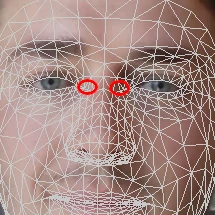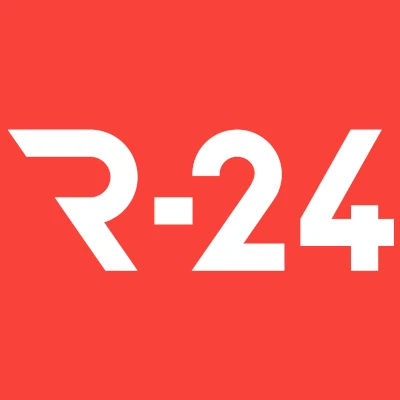LunarSim: Lunar Rover Simulator Focused on High Visual Fidelity and ROS 2 Integration for Advanced Computer Vision Algorithm Development

Abstract:
Autonomous lunar exploration is a complex task that requires the development of sophisticated algorithms to control the movement of lunar rovers in a challenging environment, based on visual feedback. To train and evaluate these algorithms, it is crucial to have access to both a simulation framework and data that accurately represent the conditions on the lunar surface, with the main focus on providing the visual fidelity necessary for computer vision algorithm development. In this paper, we present a lunar-orientated robotic simulation environment, developed using the Unity game engine, built on top of robot operating system 2 (ROS 2), which enables researchers to generate quality synthetic vision data and test their algorithms for autonomous perception and navigation of lunar rovers in a controlled environment. To demonstrate the versatility of the simulator, we present several use cases in which it is deployed on various efficient hardware platforms, including FPGA and Edge AI devices, to evaluate the performance of different vision-based algorithms for lunar exploration. In general, the simulation environment provides a valuable tool for researchers developing lunar rover systems.
You can find more about this research in our paper in Applied Sciences journal: https://www.mdpi.com/2076-3417/13/22/12401







Comments